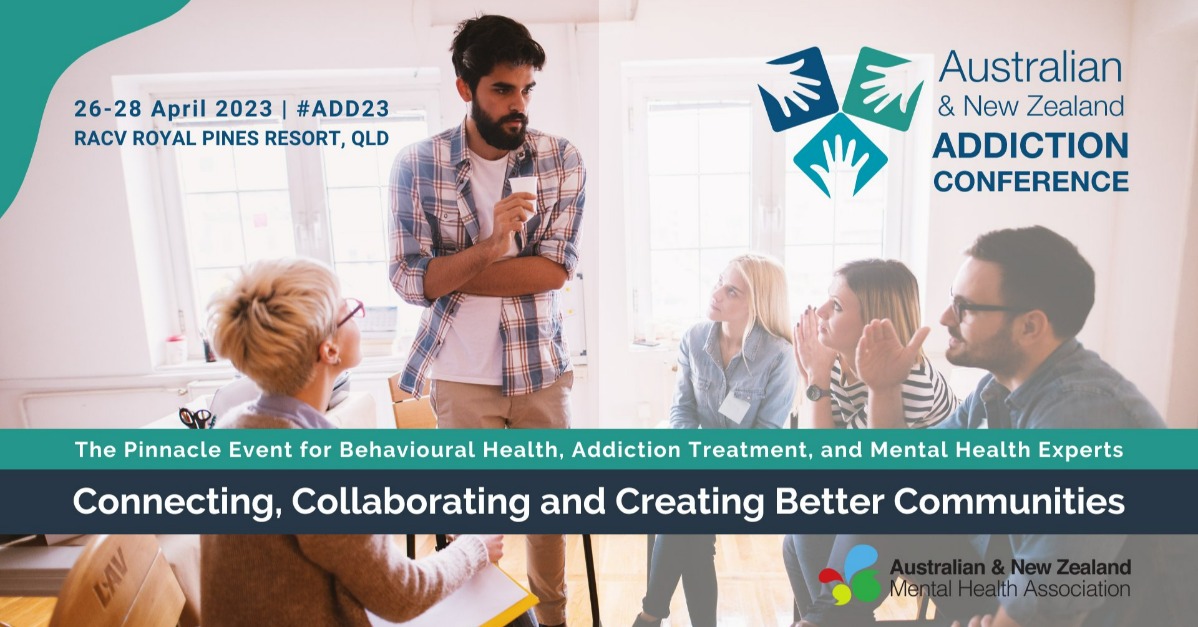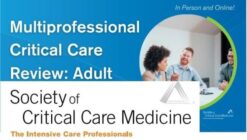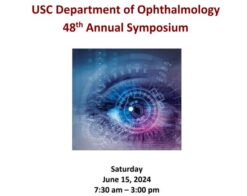ANZMH Australian & New Zealand Addiction Conference 2023
$10
Include: 2 videos, size: 51.55 GB by Australian & New Zealand Mental Health Association
A practical, cross-disciplinary meeting focused on prevention, treatment, and recovery across alcohol, tobacco, and other drugs (ATOD). Sessions blend evidence, policy, and lived-experience perspectives to translate research into services that work in real settings.
What You Will Learn
-
Current best practices for screening, brief intervention, and referral to treatment (SBIRT)
-
Evidence-based care for alcohol, opioids, stimulants, cannabis, and polysubstance use
-
Harm-reduction strategies, overdose prevention, and post-overdose engagement
-
Co-occurring mental health, trauma, and physical health management
-
Culturally safe, youth-friendly, and justice-informed approaches
-
Service design: integrated care, digital health, measurement, and quality improvement
Event Details
-
Features: Practice toolkits, service case studies, and lived-experience forums
-
Focus: Translating evidence into policy and frontline implementation across Australia & New Zealand
Who Should Attend
Addiction clinicians, psychiatrists, psychologists, GPs, nurses, social workers, peer workers, public health leaders, NGO and government program managers, researchers, educators, policymakers, and students.
Why Attend
-
Turn guidelines into practical pathways you can deploy in clinics, communities, and systems
-
Learn what’s working in real programs—outcomes, pitfalls, and scalability
-
Build partnerships across health, community, and justice to improve access and equity
Topics:
*Note: these are continuous video recordings during the conference, they include individual lectures mentioned in the Detail section below
Apr 27.mp4
Apr 28.mp4
*Detail:
-
Alcohol, opioids, stimulants, cannabis, vaping, and emerging substances
-
Harm reduction: naloxone, needle/syringe programs, supervised consumption, safer-use education
-
Co-occurring conditions: depression, anxiety, PTSD, psychosis, pain, infectious diseases
-
Youth, perinatal, First Nations and Māori/Pasifika-led models of care
-
Justice, homelessness, and rural/remote service delivery
-
Digital tools, telehealth, data, and outcome measurement
-
Workforce wellbeing, supervision, ethics, and lived-experience leadership
Related products
Uncategorized
Uncategorized
Uncategorized
Uncategorized











